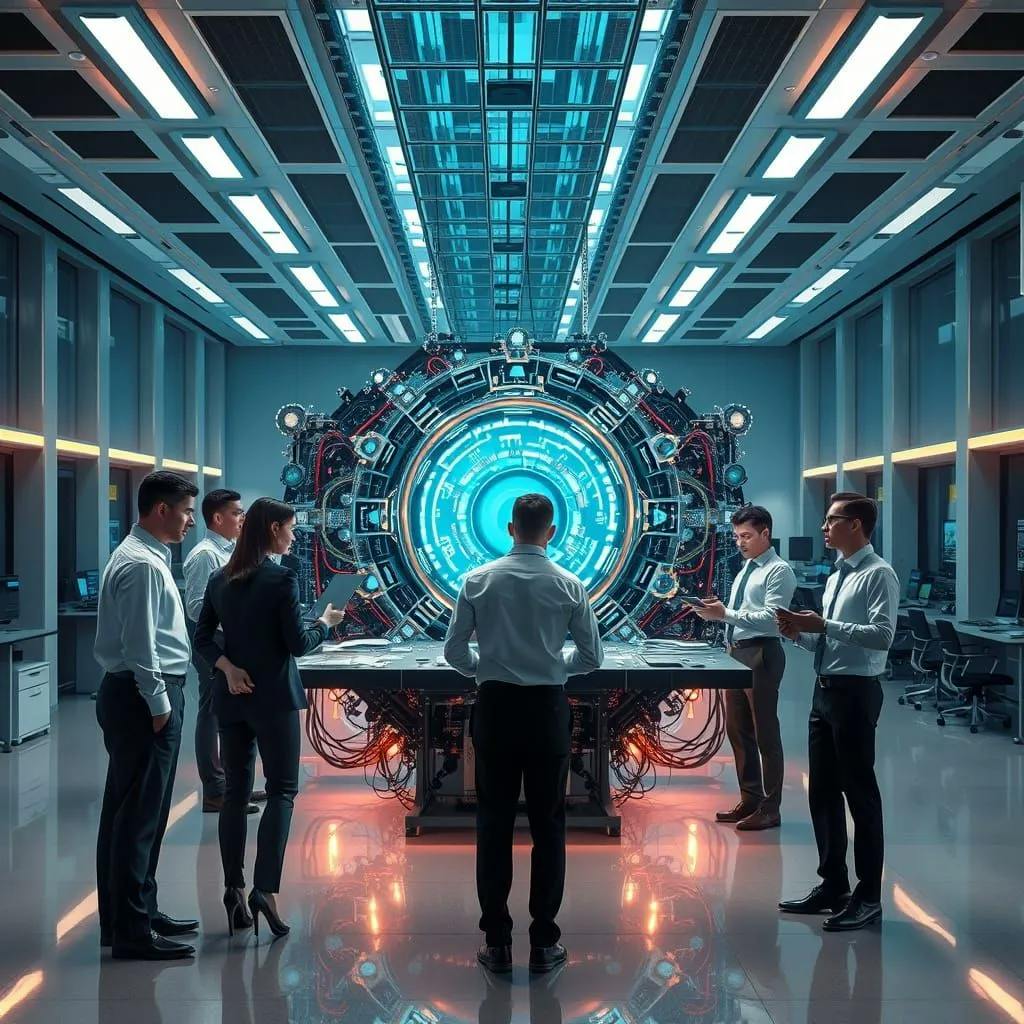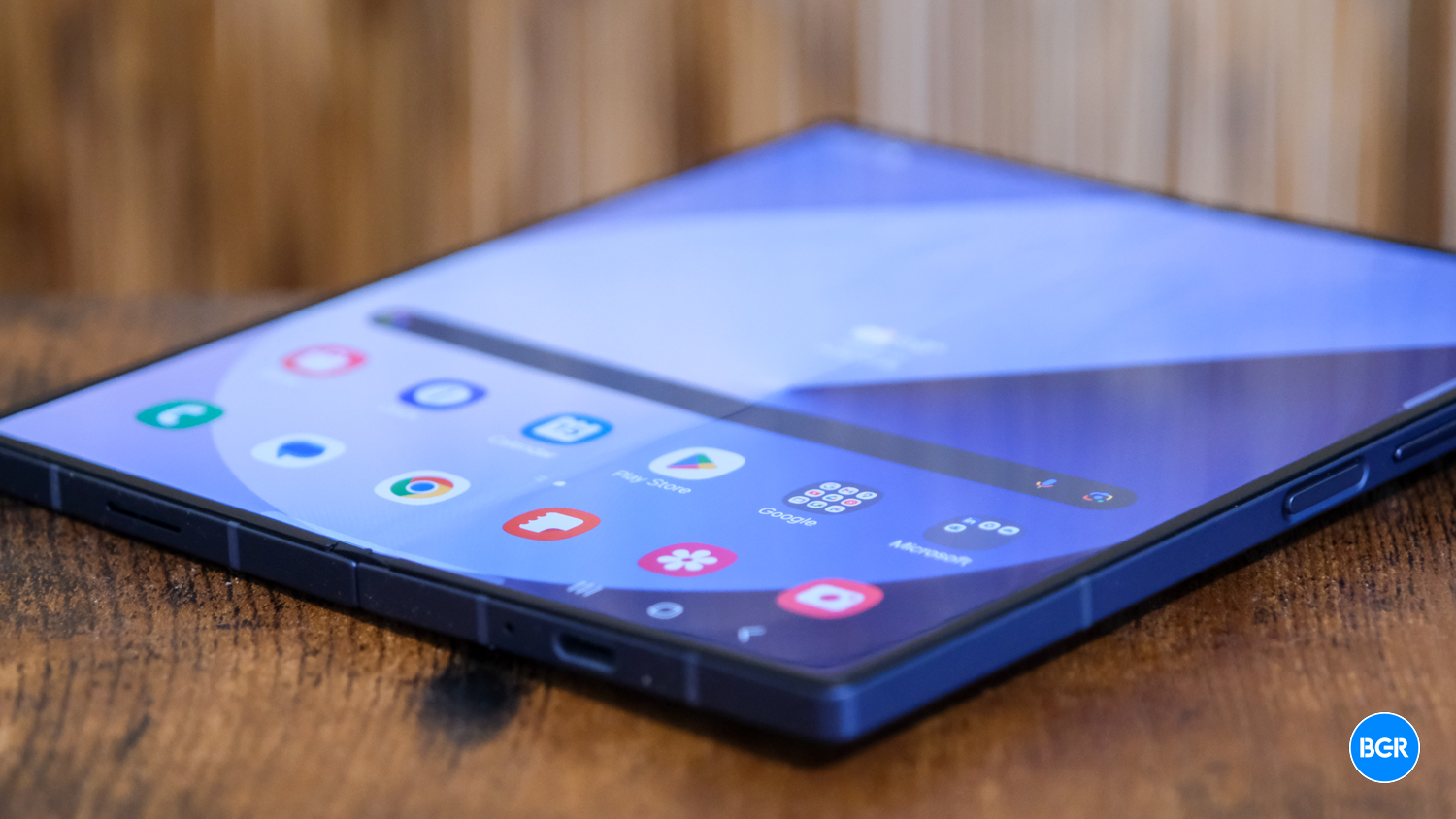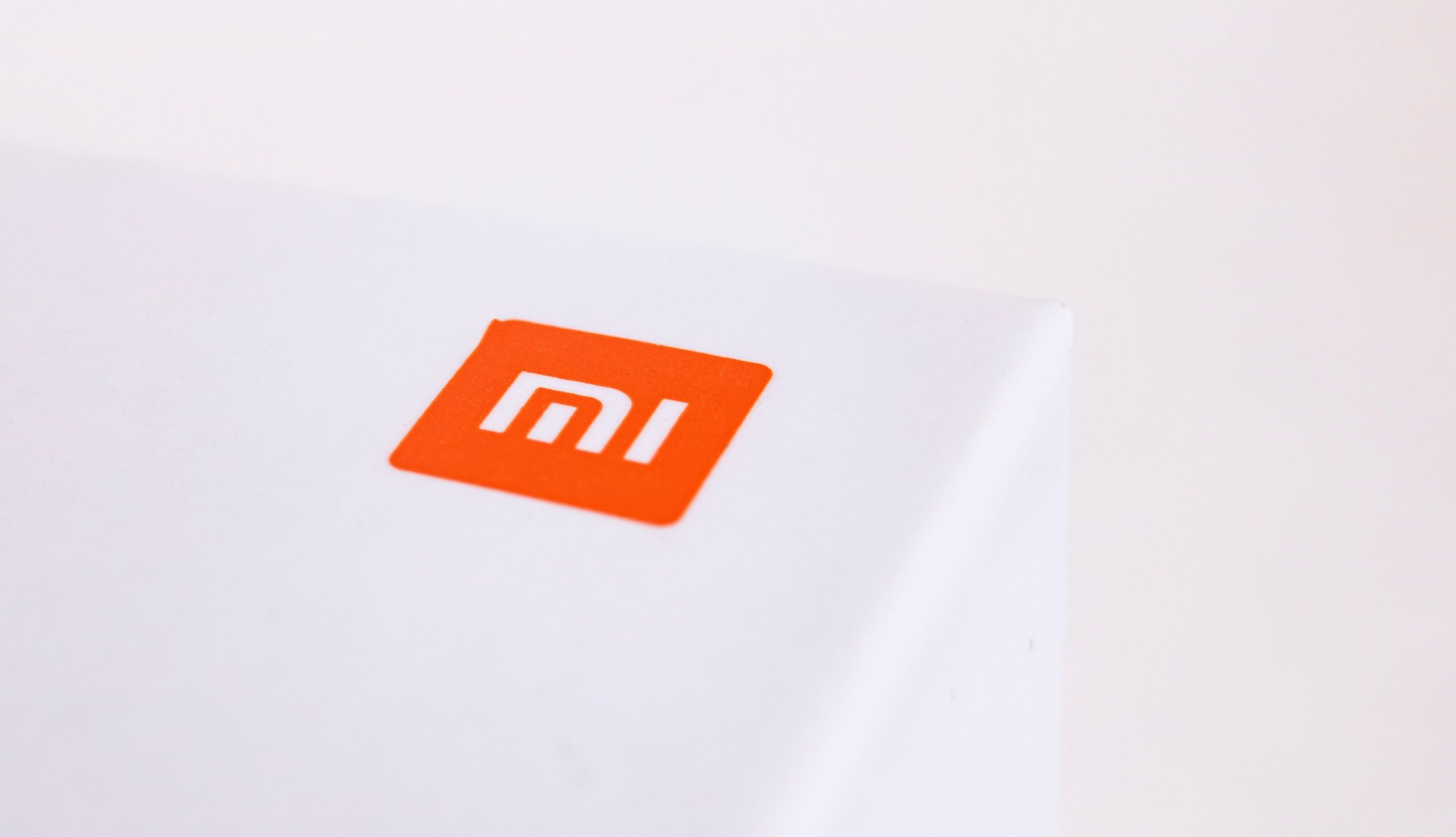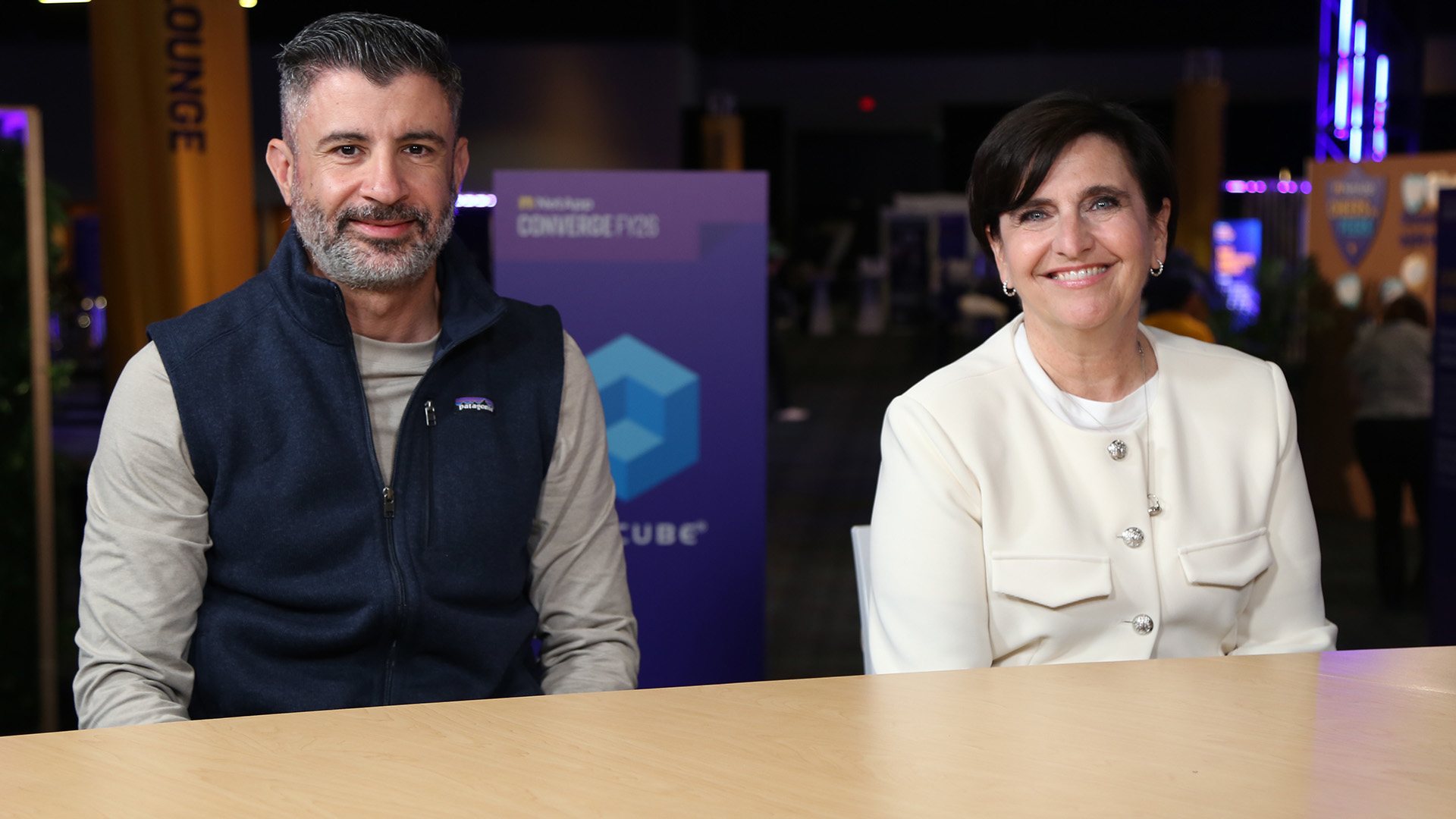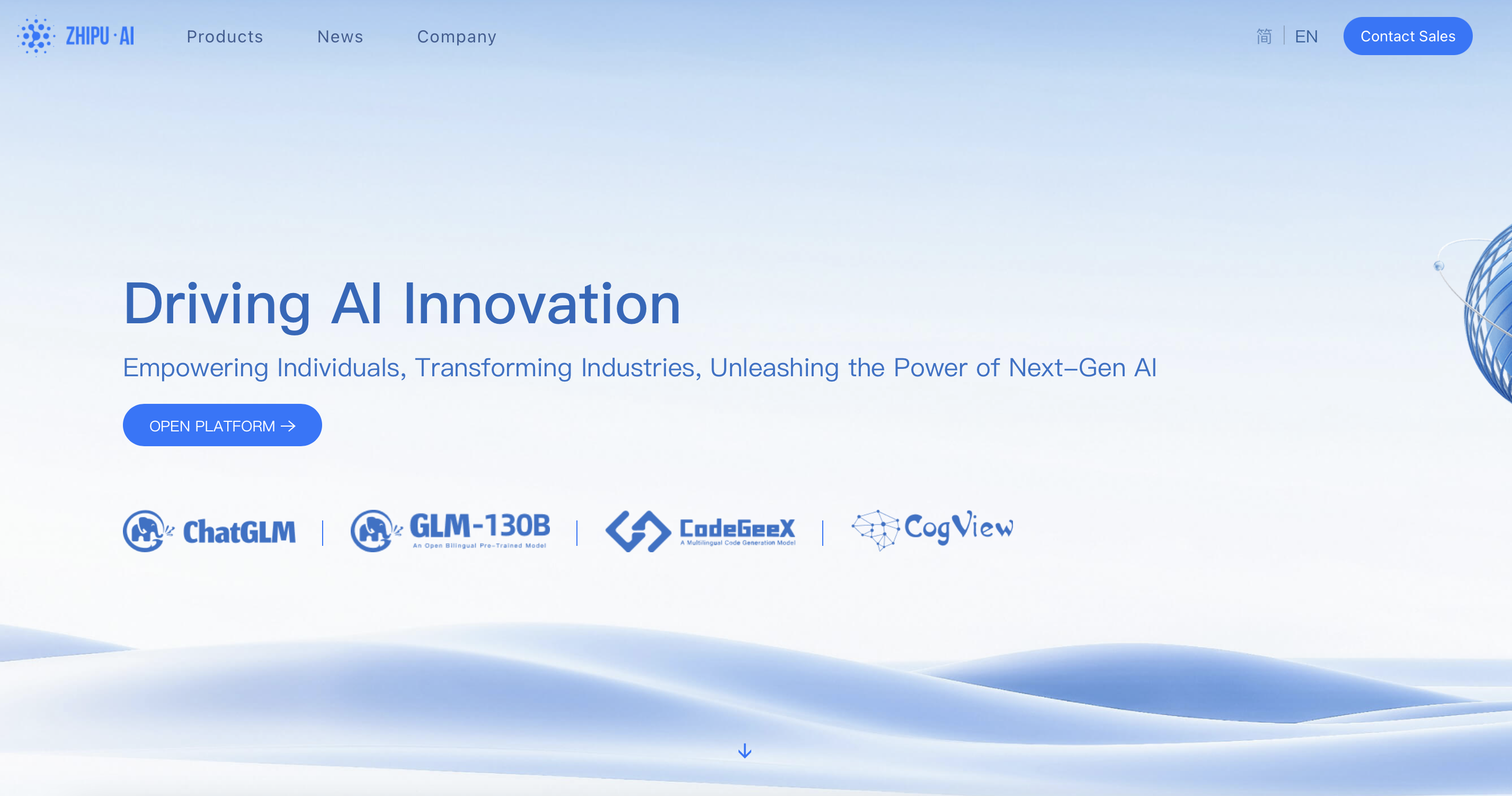And Backed The Statement With Several 100M+ USD Investments Into Quantum Computing Infrastructure and Startups
This happened in March 2025, but I did not see anyone on this platform covering it.
Late as it may be, this should be covered!
Nvidia CEO Jensen Huang was a public face of quantum skepticism.
He consistently framed practical quantum computing as a distant reality, suggesting it could be 15 to 30 years away.
In classic Zuck style, Mark Zuckerberg echoed his sentiments, while admitting that he was not an expert on the matter (lol).
These cautious views, voiced as recently as early 2025, had a tangible impact, causing significant drops in the market value of publicly traded quantum companies.
Huang’s rationale was rooted in scale, arguing that the technology needed a million-fold improvement to become truly useful.
I wrote an article about it:
And I received validation on my views, but neglected to write about it.
Oh well – better late than never!
The Dramatic Pivot
This public stance underwent a dramatic and strategic reversal on 20th March 2025.
Huang admitted he was wrong about the quantum computing timeline.
The turnaround is not just a simple admission of being wrong, but a sophisticated pivot.
On June 11th, 2025, he even said that quantum computing is approaching an “inflection point.”
Nvidia and its CEO embraced the near-term reality that the future of high-performance computing is not purely quantum:
But a hybrid model where classical and quantum processors work in tandem.
This realization has shifted the company’s strategy from “wait and see” to actively building and enabling this hybrid future.
And – the Blackwell GB200 is leading the hybrid race!
The Secret Moat – CUDA-Q
The cornerstone of Huang’s new strategy is the CUDA-Q software platform.
Recognizing the immense success of its CUDA platform in creating a developer moat around its GPUs for AI, Nvidia is replicating the playbook.
CUDA-Q is designed to be the essential software bridge that allows the millions of developers in Nvidia’s ecosystem to seamlessly:
Integrate quantum processing units (QPUs) into their existing classical computing workflows.
Crucially, CUDA-Q is hardware-agnostic.
It supports QPUs from a diverse range of partners, including leaders like Quantinuum, QuEra Computing, and Quantum Machines.
This brilliant move positions Nvidia as the indispensable software layer for the entire emerging industry.
It ensures its relevance and profitability regardless of which specific quantum hardware technology ultimately wins the race!
This. Is. Genius.
Massive Investments in Quantum Technology Development
To accelerate the hardware-software integration, Nvidia launched the Nvidia Accelerated Quantum Research Center (NVAQC) in Boston.
This is a dedicated, high-profile initiative aimed at pairing its most advanced AI supercomputers, like the GB200 NVL72 systems, with cutting-edge quantum hardware.
The center fosters deep collaboration with academic powerhouses like Harvard and MIT, as well as its commercial quantum partners.
The explicit goal of the NVAQC is to use the power of classical AI to solve some of the most difficult challenges in quantum computing.
This includes developing more efficient algorithms and, most importantly, tackling the critical problem of quantum error correction.
This creates a powerful symbiotic relationship: Nvidia’s AI helps make quantum computers better, and those improved quantum computers will, in turn, accelerate AI.
And perhaps the most definitive signal of Nvidia’s new quantum ambition is its direct investment in hardware.
The Choice of the Startup: PsiQuantum
In a landmark move, the company entered advanced talks to take a significant stake in PsiQuantum.
PsiQuantum is a startup pursuing a challenging but potentially revolutionary photonic approach to quantum computing.
This is Nvidia’s first major direct investment in a quantum hardware company, a tangible financial commitment to hastening the arrival of fault-tolerant systems.
The choice of PsiQuantum is telling.
The startup has one of the most ambitious goals in the industry: to build a million-qubit, fault-tolerant computer before the end of the decade.
By backing this effort, Nvidia is not just hedging its bets.
It is actively investing in a potential quantum leap, moving beyond simulation and software to directly funding the physical construction of next-generation machines.
The GB200 is Accelerating Quantum Computing Research
NVIDIA’s GB200 Grace Blackwell Superchip represents a game-changer in the classical simulation of quantum systems.
It provides researchers with a powerful platform to model quantum computers at an unprecedented scale.
This capability is critical for the current NISQ (Noisy Intermediate-Scale Quantum) era.
It allows for the rigorous testing and debugging of complex quantum algorithms and error-correction codes long before fault-tolerant hardware becomes available.
The massive, unified memory pool of the GB200 is particularly advantageous for quantum simulation, as the state vector of an n-qubit system requires 2^n complex values.
This architecture mitigates the memory bottlenecks that typically constrain high-qubit simulations on distributed systems.
Researchers can now simulate ideal, noise-free quantum circuits with a higher number of qubits than previously feasible.
They are establishing clean performance baselines for algorithms destined for future fault-tolerant machines.
The U-Turn in Nvidia’s Stance
This strategic activity has also been matched by a complete change in Jensen Huang’s public views.
His tone has shifted from long-term caution to near-term excitement.
At recent company events, he has declared that quantum computing is nearing an “inflection point” and that the community is “within reach” of solving meaningful problems.
This new narrative, coming from one of tech’s most influential leaders, has injected fresh optimism and validation into the entire quantum sector.
And with CUDA-Q, he has created a moat around QPUs, even before they are commercially viable.
As I said, this is genius. A truly masterful stroke by Nvidia, hoping to repeat their GPU success with QPUs.
The Quantum Conclusion
Nvidia’s quantum strategy is a masterclass in corporate pivoting.
While still acknowledging the long road to a standalone quantum computer:
Huang has expertly positioned his company to dominate the lucrative and more immediate hybrid quantum-classical market.
By building the:
- Essential software bridge (CUDA-Q)
- AI-driven research center (NVAQC)
- Strategic hardware investment (PsiQuantum)
Nvidia is ensuring that all roads in the quantum future will be paved with its technology.
And that elusive goal of true quantum advantage has just got a huge performance boost.
Kudos to Jensen Huang and Nvidia!
Respect.
References
- DiPalma, B. (2025, April 11). Nvidia CEO Jensen Huang Admits He Was Wrong About Quantum Computing. Are Quantum Stocks Buys Right Now?. The Motley Fool.
https://www.fool.com/investing/2025/04/11/nvidia-ceo-jensen-huang-admits-he-was-wrong-about/ - The Quantum Insider. (2025, May 19). NVIDIA Eyes Stake in PsiQuantum, Signaling a Strategic Shift Toward Quantum.
https://thequantuminsider.com/2025/05/19/nvidia-eyes-stake-in-psiquantum-signaling-a-strategic-shift-toward-quantum/ - NVIDIA Newsroom. (2025, March 18). NVIDIA to Build Accelerated Quantum Computing Research Center.
https://nvidianews.nvidia.com/news/nvidia-to-build-accelerated-quantum-computing-research-center - The Quantum Insider. (2025, June 12). NVIDIA CEO Says Quantum Is Nearing ‘Inflection Point,’ Signaling Sentiment Shift.
https://thequantuminsider.com/2025/06/12/nvidia-ceo-says-quantum-is-nearing-inflection-point-signaling-sentiment-shift/ - NVIDIA Newsroom. (2024, March 18). NVIDIA Blackwell Platform Arrives to Power a New Era of Computing.
https://nvidianews.nvidia.com/news/nvidia-blackwell-platform-arrives-to-power-a-new-era-of-computing - Gomez, E. C., & Chandani, Z. (2024, November 18). NVIDIA Partners Accelerate Quantum Breakthroughs with AI Supercomputing. NVIDIA Technical Blog.
https://developer.nvidia.com/blog/nvidia-partners-accelerate-quantum-breakthroughs-with-ai-supercomputing/
Pictures were AI-Generated by the author with NightCafe Studio on this link: https://creator.nightcafe.studio/
Google AI Studio was used for research and outlining this article, available at: https://ai.google.dev/aistudio

